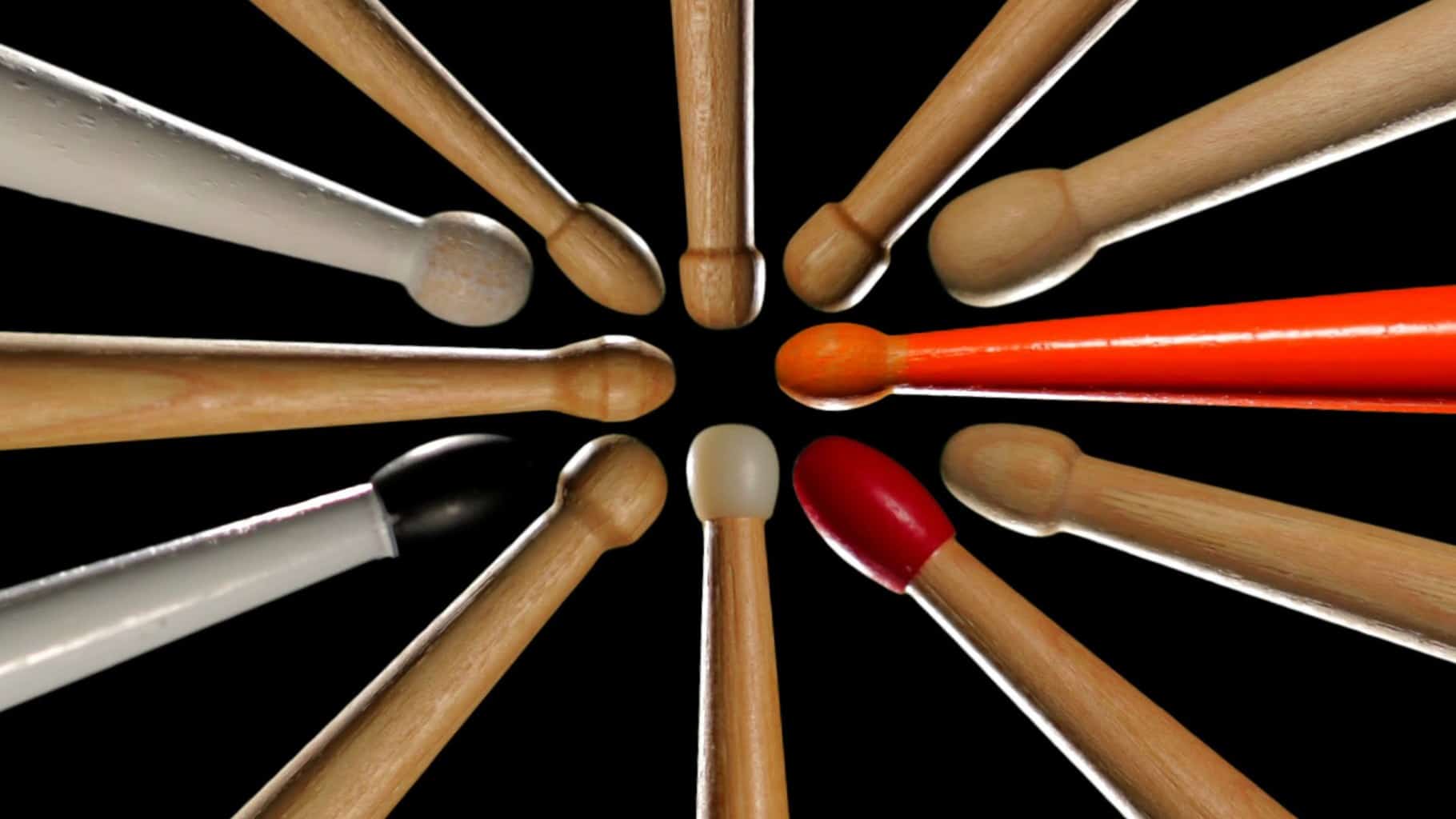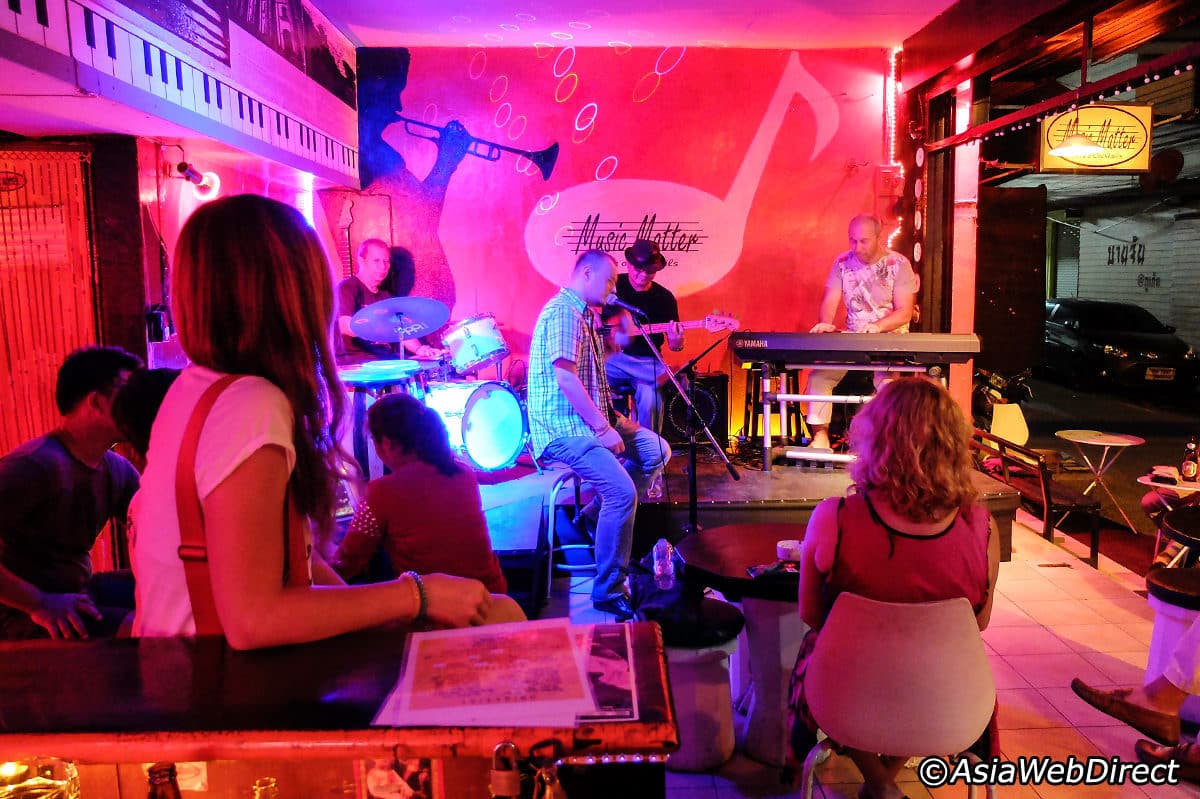When you look in the local music listings, you’ll often see an Open Jam hosted on a weeknight at a live music venue. These can be a great opportunity to get out and play in your community.
For players looking to make professional connections, a lot of these jams are run by known local musicians, and attended by some other professionals making connections. But if you’re just going for fun, they can be a chance for you to play with some really good musicians.
The number one thing to bring to an open jam is proficiency on your instrument. That’s a given any time you hope to play music with other people. An open jam in a music venue is likely not a great place for a beginner to get their feet wet… but it would be a good place to get inspired to practice more! For beginners, music schools often run jams in a teaching environment.
For those with more experience, an open jam can be a worthwhile playing experience. So how does it work? When you show up at the start of the night, ask a staff member who runs the jam.
If they advertise it as “open” then they’ll be expecting new and unfamiliar faces that want to play. You’ll likely add your name to a list, along with the song you’d like to play.
Depending on the format, as a drummer you may either be called up to play the song you selected with the house band, or you might be asked to play in the rhythm section for other players. You’ll need to be prepared for either situation.
When you show up to play at an open jam, you need to be ready for any musical situation. Especially if you’re asked to be in the rhythm section for another player or singer, you’ll need to have a general sense of how songs go as well as the ability to listen and adjust on the fly.
You’ll have a general idea of whether you’re at a “blues” jam, a “rock” jam… or any number of other genres of music. It’s a good idea to have a general working knowledge of a style of music before you go out to play it in front of people, even at an open jam.
Unfortunately there are no official lists of jam tunes. If you’re uncertain of the repertoire, you might want to attend a week without playing, take a note of the songs they play, and learn them enough to come back ready!
All the basic qualities of a good drummer are also necessary – good time, enough technique to make the fills and grooves you attempt sound good, and a good balanced sound.
Listening is still the number one best quality of a musician, at any time. When you’re at an open jam, you have no way of knowing the relative experience level of anyone else on stage with you, and often the way songs are played may be a little different from how they go on the recordings you’re familiar with.
So you’ll need to have your ears focused on the band to make sure that you’re following the rest of the musicians. Additionally, having a good sense of dynamics will help the music flow – you don’t want to be playing too loud or too soft for the band.
There are all kinds of different types of people who come to open jams – professionals, amateurs, people getting back into the business, songwriters, you name it! – and you never know what you’re going to face in terms of other people’s attitudes, prejudices, vices, or abilities.
You may be asked to play a song you don’t like, or you may get thrown into any number of different situations with combinations of players. Through all of it, a good, resilient, and confident attitude will take you a long way. In addition to keeping time for a band, you can also make the other musicians more comfortable on stage by being positive and open to any challenge.
Playing drums at an open jam won’t often require a lot of gear. The drummer in the host band will be aware that other drummers may come and most likely won’t have any issues with you sharing gear. Most of the time you’ll just need your stick bag.
This minimizes changeover time between drummers and keeps things more organized. But be observant – if you notice that other drummers bring their own snare and cymbals, you might consider bringing yours next time you go.
Open Jam Etiquette for Drummers
There are a few unwritten rules regarding sharing someone else’s kit at a jam. First and foremost, remember that you are using an instrument belonging to someone else, and you want to treat it with the same respect you’d treat your own.Many times the host will say, “Go ahead and adjust anything” OR “Please don’t change the cymbal stands” and you’ll be expected to follow that request. That may lead to a drum or cymbal being in an unfamiliar place and you’ll have to adjust to that.
However, even if the host says you can do what you want – NEVER adjust a memory lock. Additionally, try not to adjust the bass drum pedal tension and the seat height too much. If you require an extremely high stool or a very-loose pedal, you might think about bringing your own rather than spending a bunch of time altering someone else’s personal settings. This will also save time readjusting those things once you are done playing.
Have fun, rock hard!
If you liked this article, you might like this!
Dave Grohl, Chad Smith and more on Ringo’s drumming
Grohl, Copeland, Tre Cool and more on Ringo's drumming
GoPro: Tony Royster Jr. – Drummer’s Odyssey – YouTube
See more… Tony Royster Jr. discovered his calling in life was to play the drums; he was 3 years old. At the age of 5, his father bought him his first real drum set. By the time he was 11, he was labeled a child prodigy, and ranked among the best in the world.






